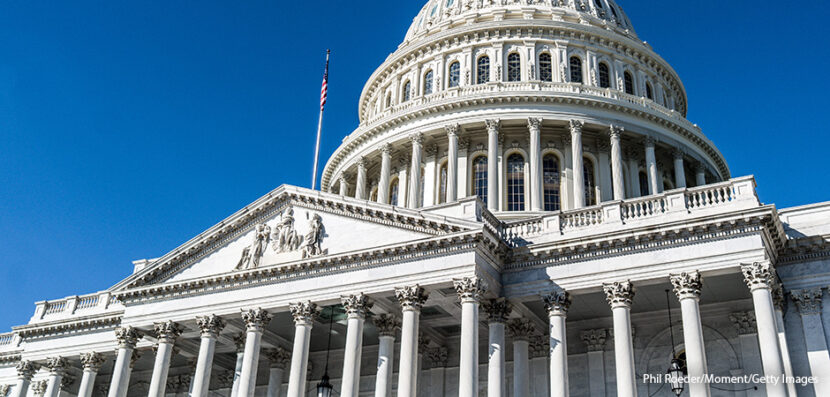
Kavanaugh Faces Serious Accusations
Ever since Trump announced Brett Kavanaugh as his pick for new Supreme Court justice to replace retiring Justice Anthony Kennedy in early July, Election Central and btw have been closely following developments in his confirmation process. Initially, Republicans praised Kavanaugh’s impressive legal background, while Democrats were opposed to him because of his conservative stance on controversial issues such as abortion. Later, concerns arose over Kavanaugh’s extensive debt, thousands of documents that had not been released, and his belief that no sitting president should face trial for any reason.
Over the past two weeks, however, a new conflict has arisen that far overshadows any of the earlier issues. Here, Election Central takes a closer look at the story.
Accusations Made Public
Just a few weeks after Trump nominated Kavanaugh to the nation’s highest court, a California psychology professor named Christine Blasey Ford sent a letter to Senator Dianne Feinstein, the top Democrat on the Senate Judiciary Committee. The letter stated that Kavanaugh had physically and sexually assaulted Ford while the two were at a party in high school several decades before. Ford asked that Feinstein keep the letter private. However, after the Senate Judiciary Committee’s questioning of Kavanaugh were completed in early September, Feinstein sent the letter to the FBI.
Once the letter became public, Kavanaugh quickly denied the allegations that he had assaulted Ford while in high school. Nevertheless, leading Senate Republicans decided to delay the vote on Kavanaugh’s confirmation until both parties could testify on the facts of this accusation.
A Second Accusation
On September 23, a second woman, Deborah Ramirez, came forward to say that she had also been sexually assaulted by Kavanaugh. According to Ramirez’s statements, the events occurred when Ramirez and Kavanaugh were classmates at Yale University. Kavanaugh continued to deny the claims and refused to withdraw his nomination.
A Nation Reacts
Despite these troubling developments, several prominent Republicans, including President Trump, have continued to voice their support of Kavanaugh and to state that the claims made against him are false. Kavanaugh faces a growing amount of public opposition.
The reaction of the American people to the case illustrates the deep divides that exist in the country today: not just by political party, but by gender. While the majority of Republicans continue to support Kavanaugh, Democrats overwhelmingly do not. What’s more, while the majority of women oppose Kavanaugh’s nomination, men are more evenly divided. Men also tend to believe Kavanaugh’s denials, while women trust Ford’s accusations. Perhaps most troubling is that, according to recent polls, most Americans believe that despite these allegations and the growing questions about the nominee, Kavanaugh will be confirmed to the Supreme Court anyway.
Dig Deeper What resources exist in your community for survivors of sexual harassment, and/or sexual assault? Use the internet to locate this information, and create a poster sharing what you find. Together with classmates and your teacher, consider the best places to display this information.


